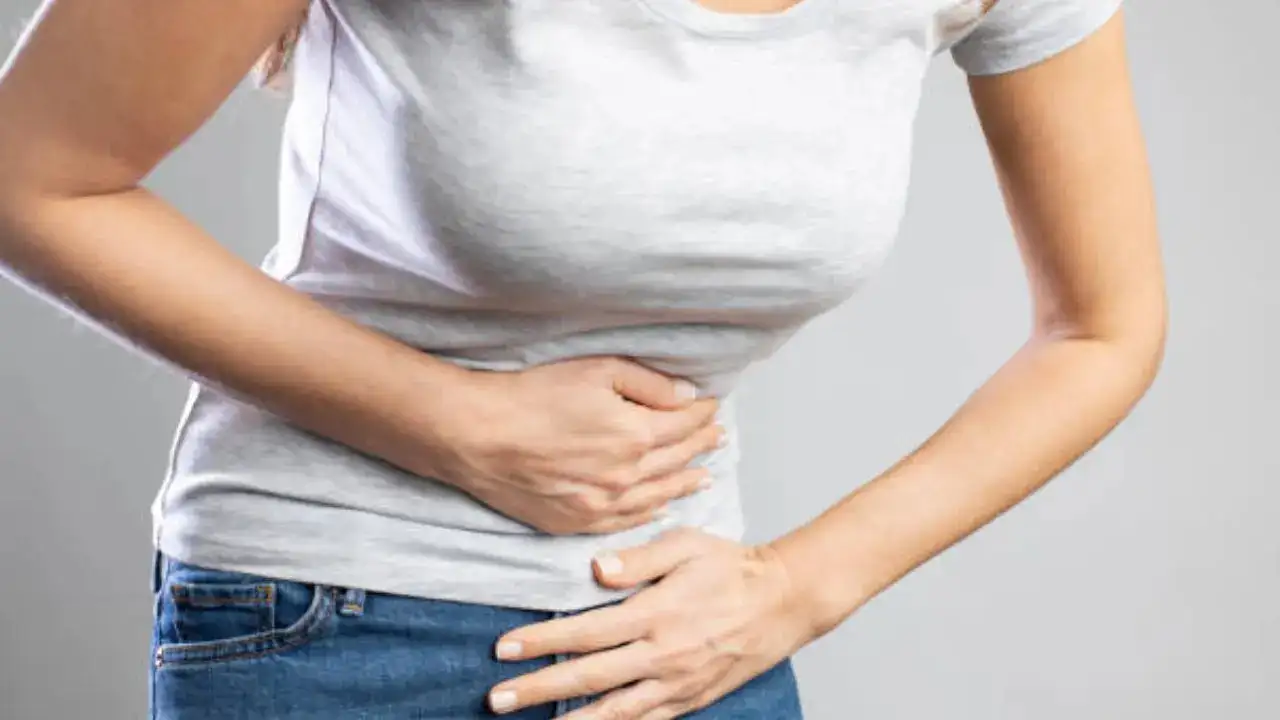
Microplastics In Ovarian Fluid: Could Tiny Plastics Be Impacting Your Chances Of Having Children? (Image Credits: iStock)
A new study has found microplastics in human ovarian follicular fluid for the first time, sparking concerns about their impact on female fertility. The research, published in Ecotoxicology and Environmental Safety, tested the follicular fluid of 18 women receiving fertility treatments at a clinic in Salerno, Italy. Microplastics were detected in 14 of the women’s samples.
What is Follicular Fluid?
The follicular fluid surrounds and nourishes the eggs during their development, providing key nutrients and signals needed for egg maturation. The discovery of microplastics in this fluid raises serious concerns, as these plastic particles could affect fertility, hormone levels, and overall reproductive health. The researchers suggest that the presence of plastics in such a critical process could have negative effects on women’s reproductive systems.
A Growing Concern
The study shows the growing problem of microplastics in the human body. Microplastics are found in water, food, and even the air, and can carry harmful chemicals such as toxic substances, heavy metals, and pathogens. These particles are small enough to be ingested, inhaled, or absorbed through the skin, making it easy for them to enter the body.
Impact on Male Fertility
Previous research has linked microplastics to reduced sperm quality and lower sperm count in men, especially in areas with high pollution levels. Luigi Montano, the lead author of the study, previously discovered microplastics in human urine and semen. He believes that while men are more likely to be affected by microplastics, women may also face similar risks to their reproductive health.
How to Reduce Microplastic Exposure
With more studies underway, experts urge people to take steps to reduce exposure to microplastics. One of the best ways to do this is by using less plastic, particularly in the kitchen. Reducing the use of plastic packaging, containers, and utensils can help lower the amount of microplastics entering the body. Experts also recommend eating organic foods, as they are less likely to contain plastic particles compared to conventionally grown produce.
Avoid Heating Plastic
Another important tip is to avoid heating food or drinks in plastic containers. When plastic is exposed to heat, it can release harmful chemicals. Using alternatives like wood or stainless steel instead of plastic utensils can also reduce exposure to harmful substances.
Ditch Single-Use Plastics
Finally, experts suggest avoiding single-use plastic items, such as straws, plastic cutlery, and grocery bags, as they contribute to microplastic pollution. Reducing the use of these items not only helps protect individual health but also helps reduce plastic waste in the environment.
Get Latest News Live on Times Now along with Breaking News and Top Headlines from Health and around the world.
